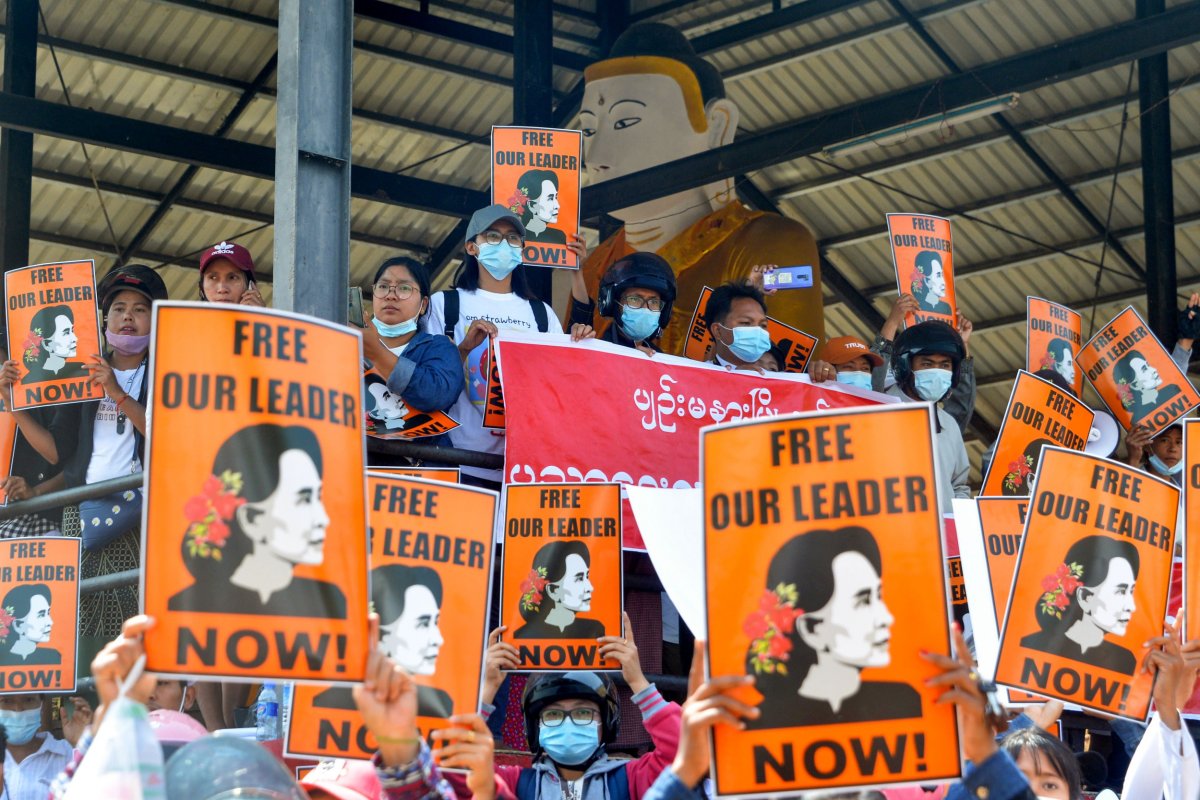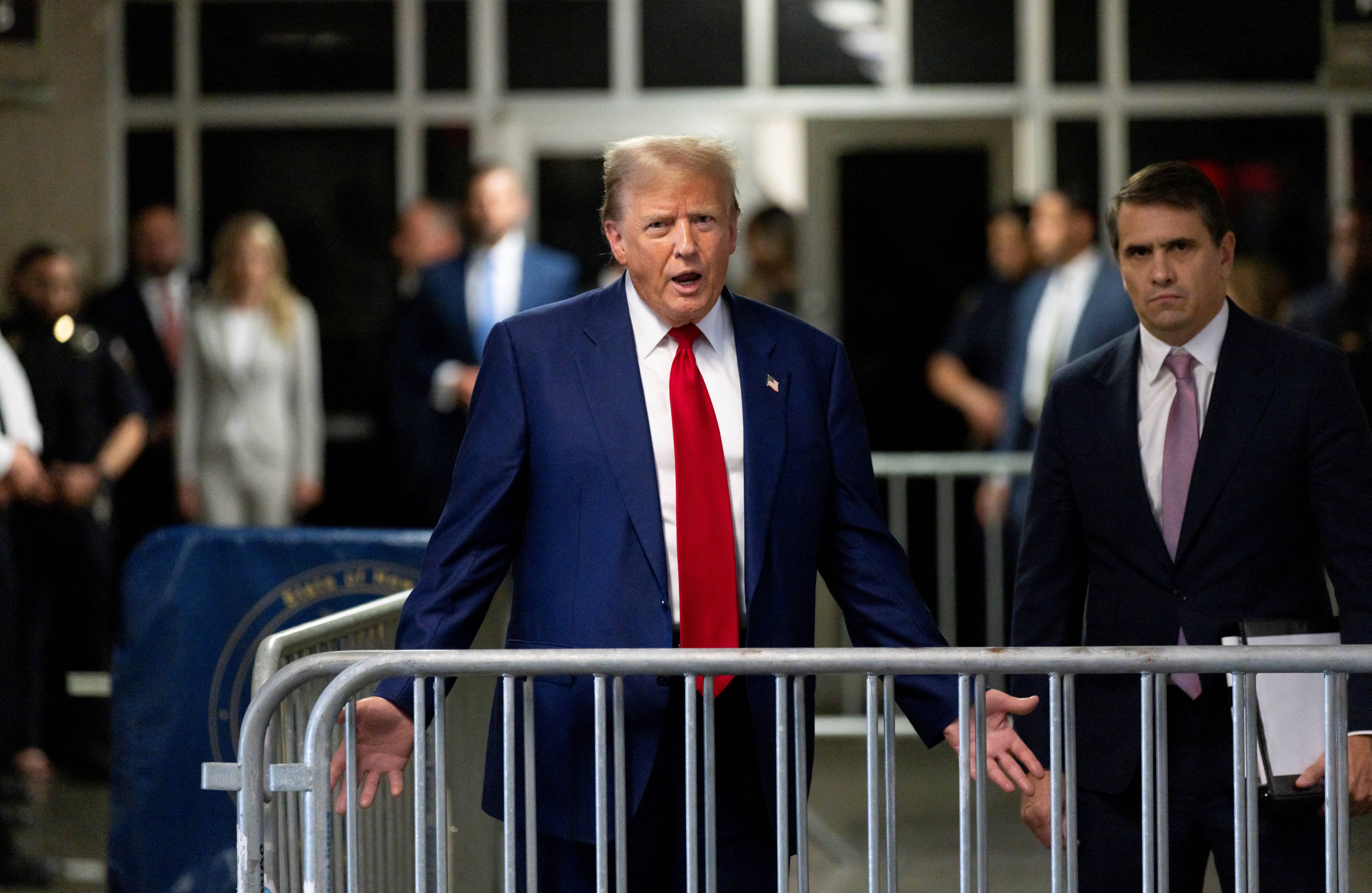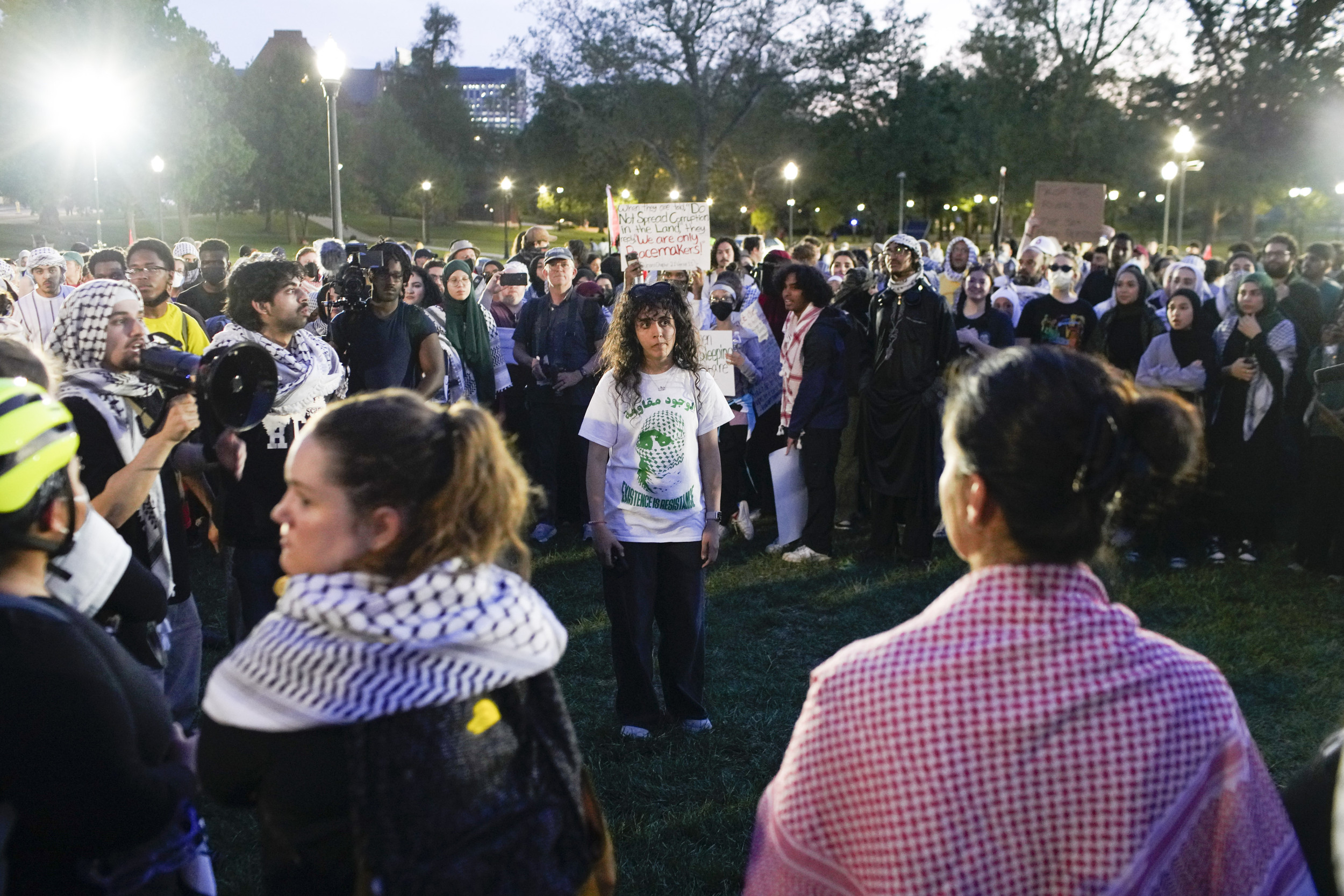There are solutions for the crisis in Myanmar.
They depend on the Tatmadaw, the country's military forces, moving into the 21st century and realizing that security can no longer be bought by brute force. The narrow military and police-centered notion of security, which served only small sections of society, may have worked in the past. But Myanmar has been opening up for some 10 years now.
For a generation of young people who grew up with at least a semblance of democracy, with resulting steady economic growth and TV and social media at their disposal, the notion of security by military control is an anachronism.
Myanmar's citizenry has come to expect freedom and the right to have a say in the way the country is governed. This cat will not go back into the bag.
The strength of the nation's yearning for freedom and democracy is illustrated unequivocally by the growth and diversity of the protests, which now include citizens from all walks of life willing to risk their lives to defy the military coup.
Tellingly, while there is a wide-spread call for restoring the power to the party that won the November 2020 elections—the National League of Democracy (NLD) led by Aung San Suu Kyi—people not necessarily supporters of NLD joined the protests. The question is no longer whether NLD should be in power, but rather whether the nation should be allowed to return to the somber and dreary days of military rule when the country was isolated from the outside world and the economy lay in ruins.
The Tatmadaw clearly miscalculated the people's reaction to their February 1 seizure of power; the generals panicked and responded as oppressors typically do—with brute force and violence. They are now solely responsible for starting a cycle of violence that not only failed to quell protests, but is spiraling upward, leading only to more misery and ruin. Despite their claims that they are acting as the guarantor and protector of state security and the unity of Myanmar, the protests clearly demonstrate that the Tatmadaw lost its legitimacy as security actors in the eyes of the people.
The generals must know that they made wrong decisions and painted themselves into a corner. If they continue on the path they now chose, they will be remembered by history as the people who tried to extinguish the rays of hope and a new tomorrow that was dawning for the people of Myanmar.
History teaches us that they will fail. At some stage tables turn and one day those who crush the yearning for freedom and human rights will be held accountable, whether through international criminal court proceedings or local accountability mechanisms.

There is still time to turn back the crimson tide they started. But it will only happen with dialogue, political debate and compromise. It rests on the question of whether the Tatmadaw can change its behavior and self-understanding and come into modern times.
All nations have legitimate security concerns that need to be addressed. But how the concept of security is defined dramatically changed in recent decades. Modern progressive states that fare well in terms of economic, social and political development have a more comprehensive approach to security. Human rights, democracy, rule of law and gender equality all form indispensable building blocks for a stable and peaceful society and for sustainable development.
Participatory politics is a major ingredient in human security. In a functioning state, the social contract is based on citizens' trust in institutions. Ideally, the military and police should be highly trusted.
The Tatmadaw must let go of its narrow and outdated understanding of security, and accept that real security comes when the needs of the population are served. This is the pathway leading to social and political stability, which in turn provides a platform for inclusive economic growth from which the army will also benefit. This also means heeding the voice of Myanmar's youth who want to see a better future.
A politically and socially inclusive Myanmar is very much in the interest of its neighbors and the international community at large. Myanmar's neighbors, including India, Bangladesh, China and the Association of Southeast Asian Nations (ASEAN) members, must stand united and demand dialogue, substantive political debate and compromise between and among conflicting parties. They must signal clearly that power can only be gained, transferred and recognized through a democratic process.
The international community at large is ready to foster and support these processes. The U.N. should play a key role.
U.N. Special Envoy on Myanmar Christine Schraner Burgener has the wholehearted support of the U.N. Security Council for her good offices. She can act as a resource between the international community, the Tatmadaw and the NLD to help unlock the political stalemate the conflicting parties are currently experiencing.
It is not too late. The clock is ticking and the time for action is now.
Tarja Halonen is the former president of Finland.
José Ramos-Horta is the former president of East Timor and a Nobel Peace Prize laureate.
The views expressed in this article are the writers' own.
Uncommon Knowledge
Newsweek is committed to challenging conventional wisdom and finding connections in the search for common ground.
Newsweek is committed to challenging conventional wisdom and finding connections in the search for common ground.
About the writer
To read how Newsweek uses AI as a newsroom tool, Click here.








